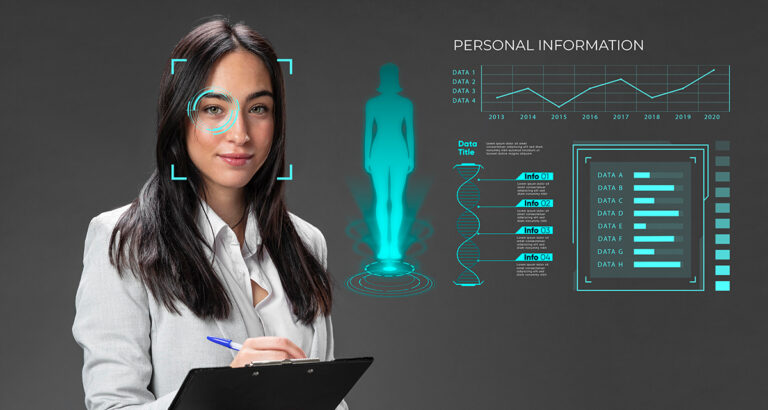This multicenter, sham-controlled randomized clini- cal trial evaluated the safety and efficacy of prefron- tal-cerebellar transcranial pulsed current stimulation (tPCS) in improving social functioning and sleep in children with autism spectrum disorder (ASD). Conducted across participating centers in China, the study enrolled 312 children aged 3 to 14 years, who were randomly assigned to receive either active tPCS (n = 155) or sham stimulation (n = 157). Both groups underwent 20-minute sessions for 20 days over four weeks, followed by one hour of standard therapy daily.
Active tPCS was administered at 0.7 mA, while the sham group received a brief ramp-up and ramp- down stimulation. After the intervention, the active group demonstrated a 10.7% reduction in Autism Treatment Evaluation Checklist (ATEC) total score compared to a 5.8% reduction in the sham group (mean score reduction: −7.17 vs −4.13). Analysis of covariance confirmed significantly greater improve- ment in the active group (mean difference, −3.50). Both interventions were well tolerated with no seri- ous adverse events.
These findings indicate that a short-term tPCS pro- tocol is safe and may offer clinical benefits for so- cial behavior and sleep disturbances in children with ASD. However, potential conflicts of interest and absence of long-term outcomes warrant cautious in- terpretation and further investigation.





